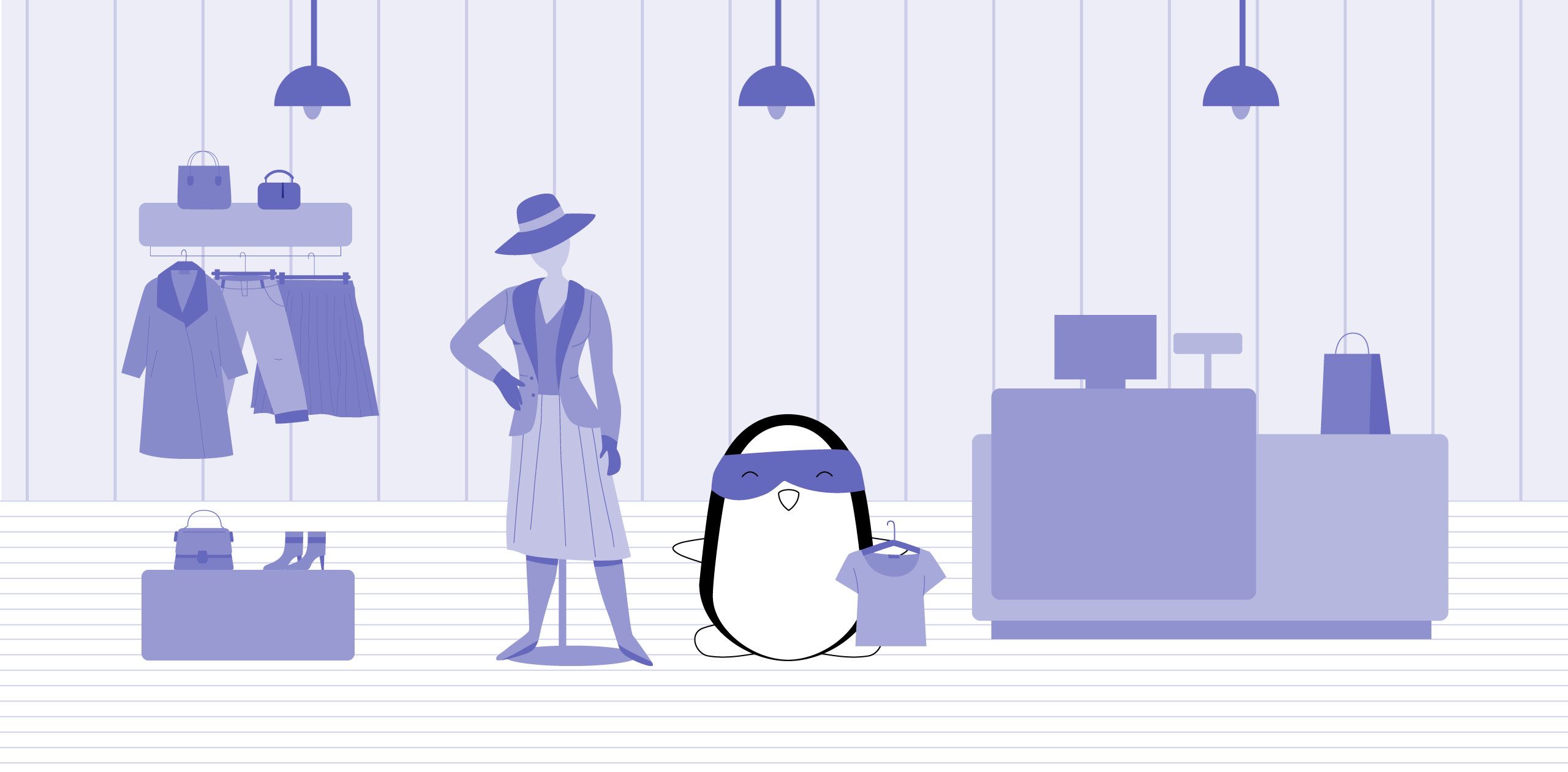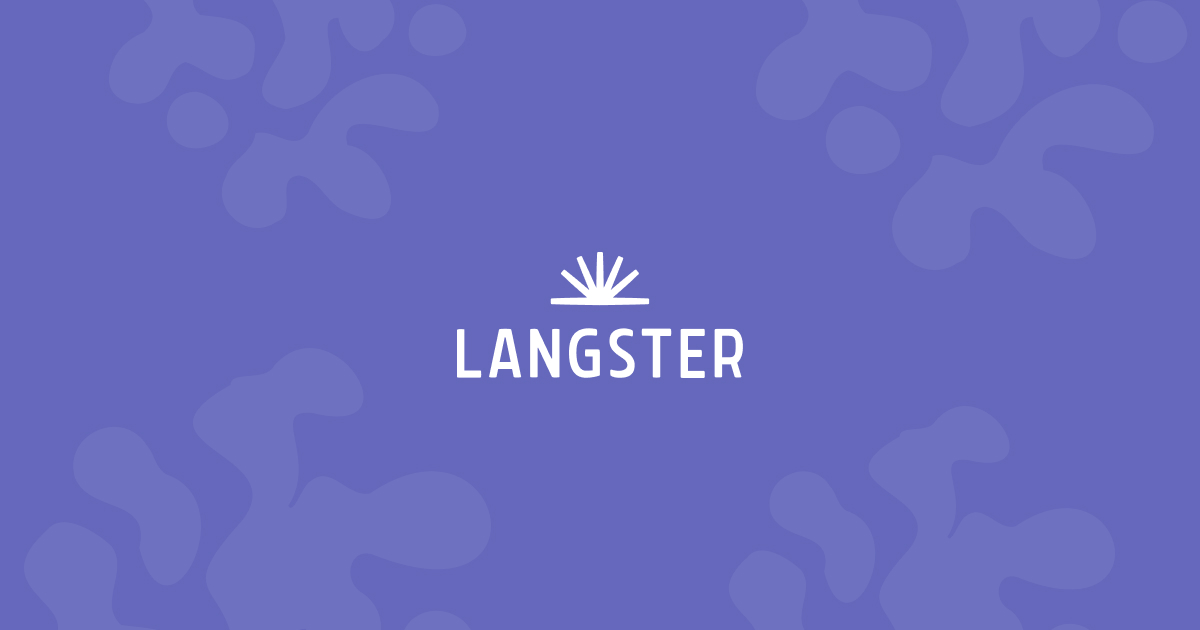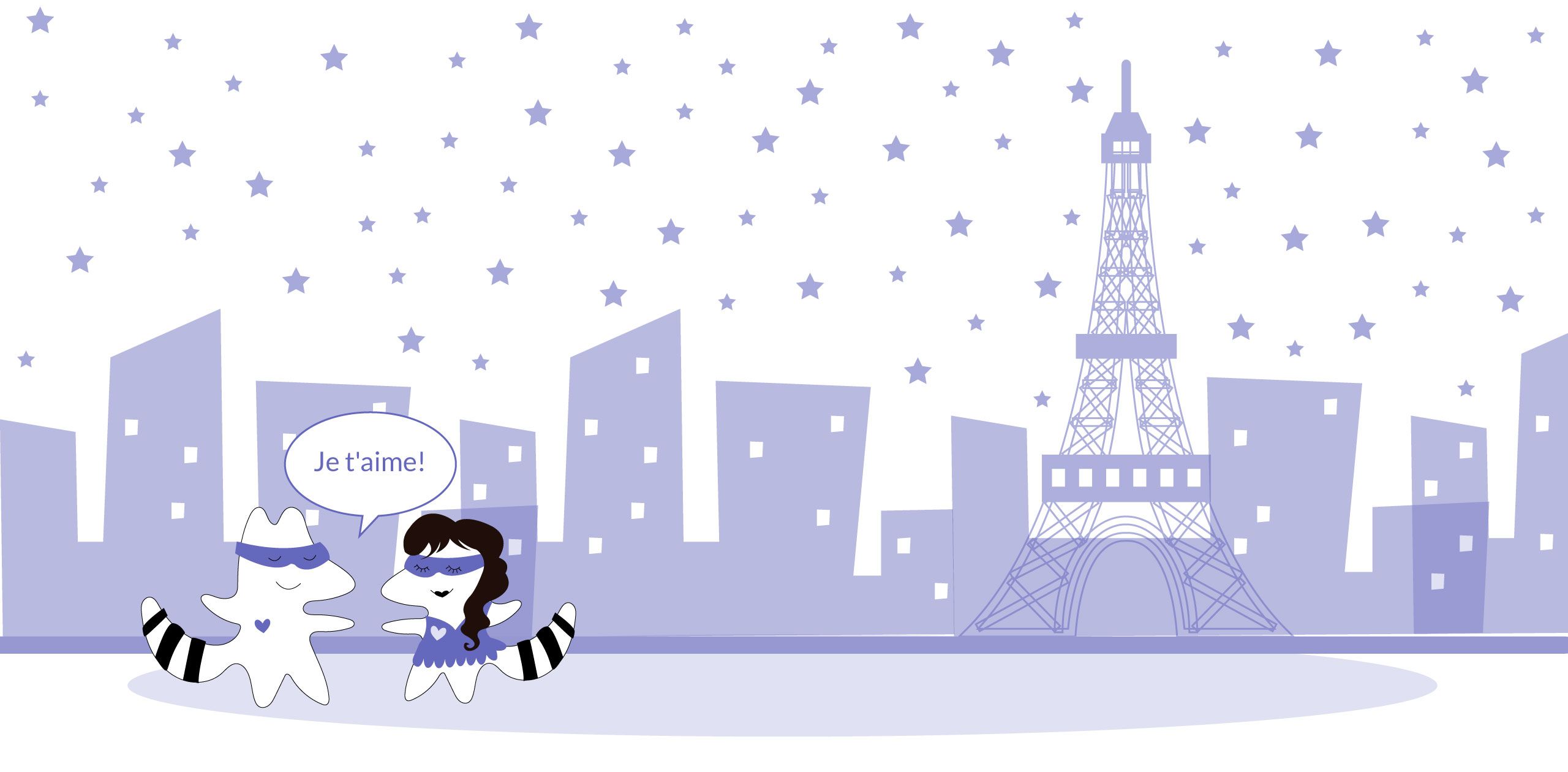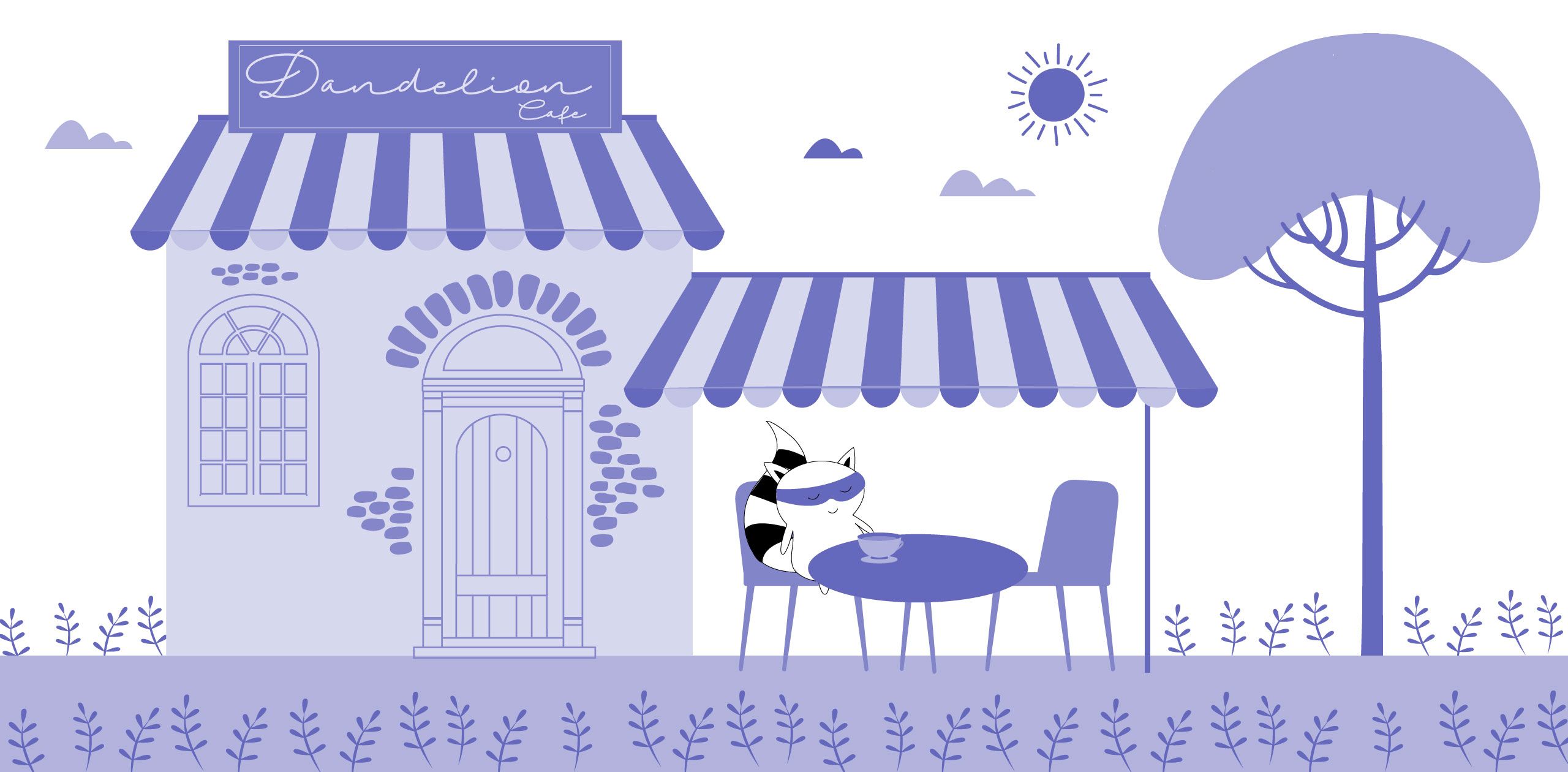
There are few things more romantic in the world than the French language. With its poetic words and lilting cadence, it sounds like music to the ears, and it's no wonder many English speakers are drawn to the melody of it. While all languages in the world have their own beauty, French has some of the most beautiful words in the world.
These words can make even the most unromantic person feel a sudden desire to jump on a plane to Paris and start speaking French.
Today, let us introduce you to the 20 most beautiful words in the whole French language (in our opinion) that have a certain je ne sais quoi to them. Read on, learn them, whisper them to your special person, or just write down in your diary – and come back to them next time you need a little more elegance in your life (or simply want to impress your French teacher).
Douceur
Douceur (sweet) is one of the most beautiful French words. It has a soft, sweet sound that is reminiscent of honey or sugar. When you hear it, it instantly fills you with a sense of warmth and sweetness.
In French, douceur means "sweet," "nice," or "cute." It can be used to describe people, places, things, or experiences. For example, you might say:
Native
Translation
Il est doux comme un miel.
He is as sweet as honey.
or
Native
Translation
C'est un endroit très doux.
It's a very sweet place.
If you need to add some romance and elegance to your life, say the word douceur. It will fill you with warmth and elegance, just like the French language itself.
Feuilleter
Feuilleter (to leaf through) is another beautiful French word. With its soft Ls and fluid pronunciation, it sounds like a gentle breeze blowing through an open window on a warm summer day.
In French, feuilleter means "to turn the pages of a book or magazine," "to leaf through," or "to skim." It can also be used in a figurative sense to mean "to read over something quickly" or "scanning for information."
If you wanted to use it in a sentence, you could say something like:
Native
Translation
Je feuillette le journal chaque matin.
I leaf through the newspaper every morning.
J'ai feuilleté son dossier pour trouver l'information que je cherchais.
I skimmed his file to find the information I was looking for.
Onirique
Onirique (dreamy) is a French word that will make you feel like you're in a dream. Its gentle, ethereal sound will transport you to another world.
In French, onirique means "dreamy," "fantastic," or "surreal." It can be used to describe people, places, things, or experiences. Here’s an example of it in a sentence:
Native
Translation
C'était une expérience onirique.
It was a dreamlike experience.
Elle était onirique et pleine de poésie.
She was dreamy and filled with poetry.
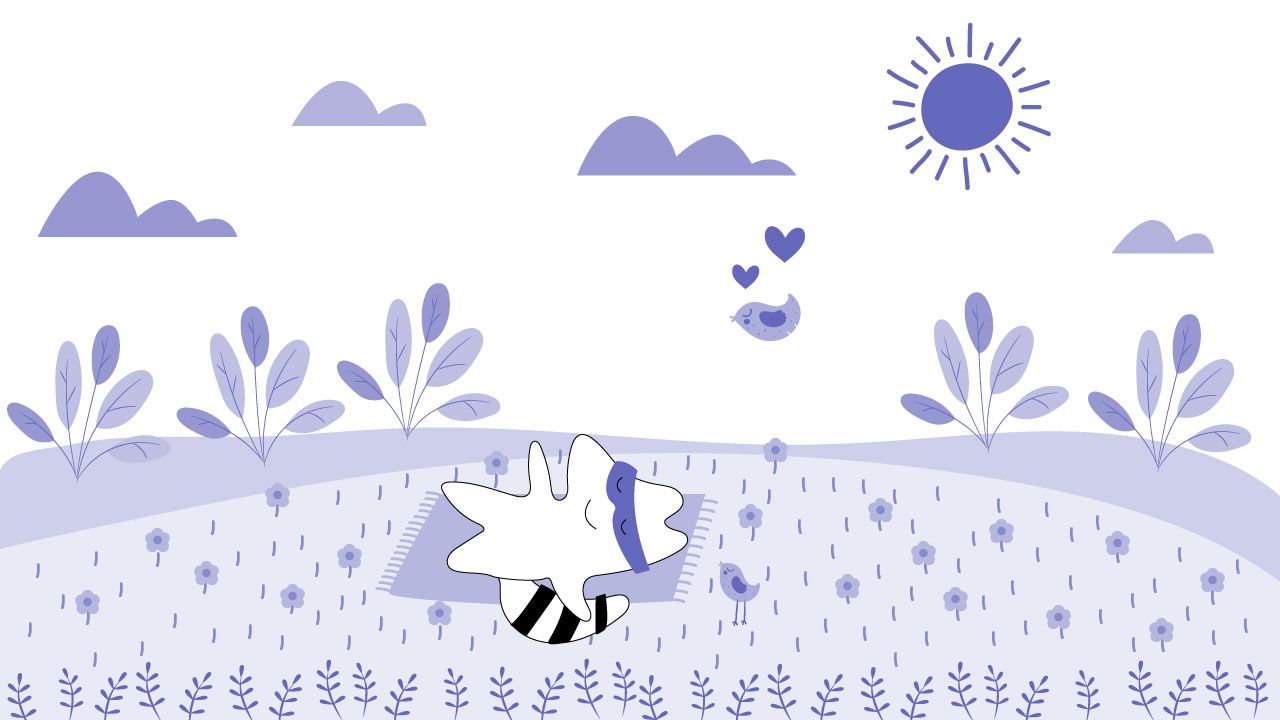
Flâner
Flâner (to stroll) is another beautiful French word that sounds like music to the ears. It's the perfect word to describe taking a leisurely walk through Paris on a sunny day.
In French, flâner means to stroll or wander around. You can also use it to describe taking your time to look around in a store, or simply enjoying the scenery. For example:
Native
Translation
Je vais flâner dans les jardins.
I'm going to stroll through the gardens.
Chuchoter
Chuchoter (to whisper) is another beautiful French word that evokes a sense of elegance and softness. It makes you want to lean in close and whisper sweet nothings in your lover’s ear.
In French, chuchoter means "to say or speak something softly or quietly," "to whisper," or "to hum." It can also be used figuratively to mean "to talk about something secretly" or "spread rumors."
For example, you might hear it in sentences like:
Native
Translation
Nous ne devons pas chuchoter sur ce sujet...
We mustn't discuss this subject secretly...
Il chuchote des mots doux.
He whispers sweet nothings.
Rêvasser
Elegant and poetic, rêvasser (to daydream) is one of the most beautiful French words. It perfectly describes what happens when you sit back in a café and just let your mind wander.
In French, rêvasser means "to daydream," "to dawdle," or "to waste time." It can also be used figuratively to mean "to evade reality." You can use it in sentences like:
Native
Translation
Je me suis assise pour rêvasser et manger une glace.
I sat down to daydream and eat an ice cream.
Éphémère
Short-lived but beautiful, éphémère (ephemeral) is another stunning French word. It describes those things that are here one moment and gone the next, like a shooting star or a summer romance.
In French, éphémère means "short-lived," "transient," or "fleeting." It can be used to describe people, things, or experiences. For example:
Native
Translation
Cet amour est si éphémère...
This love is so fleeting...
or
Native
Translation
La vie est si éphémère qu'il faut en profiter.
Life is so transient that we must make the most of it.
Émerveiller
Émerveiller (to amaze or delight) is another beautiful French word that makes you want to jump on a plane to Paris and start speaking the language. Its elegant pronunciation of Ls and Rs make it feel like music rolling off your tongue.
In French, émerveiller means "to amaze" or "to delight." It can also be used figuratively to mean "to fill with wonder," as in the phrase être émerveillé par quelque chose (being astounded at something). For example, you might hear it in a sentence like:
Native
Translation
Cette ville me laisse émerveillée.
This city leaves me amazed.
Retrouvailles
With its poetic sound, retrouvailles (reunion) is one of the most inspirational French words. It describes the joy and excitement of a long-awaited reunion with a loved one.
In French, retrouvailles means "a joyful meeting or reunion," "a happy encounter warm," or "an expression of feelings upon seeing each other again." For example:
Native
Translation
Nous n'avons pas vu nos parents depuis si longtemps... c'est un moment de retrouvailles inoubliable !
We haven't seen our parents in so long... it's an unforgettable reunion!
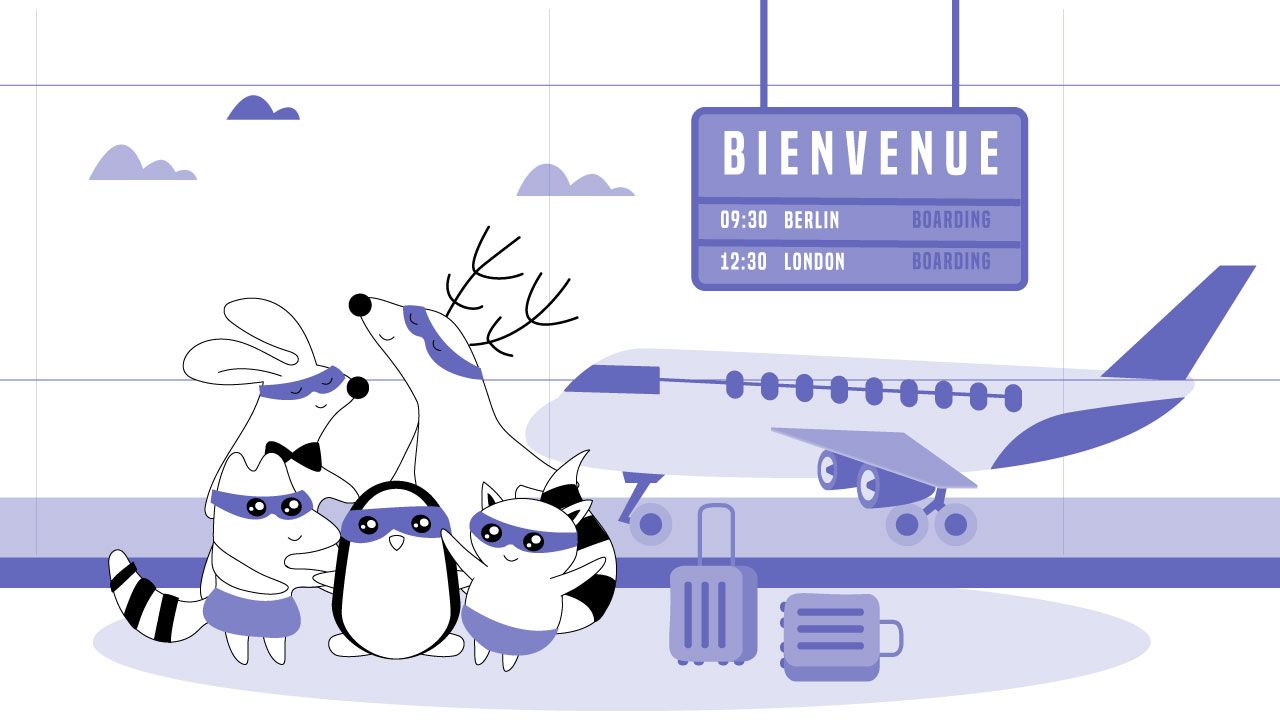
Éblouissant
From its root word éblouir (to dazzle), éblouissant (brilliant or dazzling) is a French word that perfectly describes the City of Lights. It's the perfect word to describe the sparkling lights of the Eiffel Tower at night, or the sun glinting off the Seine River.
In French, éblouissant can mean "brilliant," "dazzling," or "stunning." It can also be used figuratively to mean "very impressive." Here’s how you can use it in a sentence:
Native
Translation
Sa présentation était éblouissante !
His performance was stunning!
Chéri
Chéri(e) (darling, sweetheart) is a French word that perfectly describes the feeling of love and affection. It's a term of endearment that you would use with your partner or spouse.
In French, chéri(e) can be used as a noun or an adjective, and it means "darling" or "sweetheart." For example, you might say:
Native
Translation
C'est un cadeau pour toi, mon chéri.
This is a gift for you, my darling.
Plein de vie
Plein de vie (full of life) is a French phrase that describes someone who is full of energy and vitality. This person is always up for a new adventure, and they bring excitement and happiness wherever they go.
In French, plein de vie can also be used to describe a place or thing that is full of life or that fills you with vitality. You might hear someone say:
Native
Translation
Cette ville est si pleine de vie !
This city is so full of life!
Flic-floc
Flic-floc (a sound similar to rain dripping off a roof) is a beautiful French word that perfectly describes the feeling of relaxation. It's often used when describing the weather – you can come across this onomatopoeia in books and other artistic forms of expressions.
In French, flic-floc can be used to describe the sound of rain dripping gently off a roof, or to express the sound of whipping, splashing, etc. For example, you might read something like:
Native
Translation
La pluie tombait doucement sur le toit : flic floc, floc floc …
The rain was dripping gently from the roof: splish-splash, splish-splash...
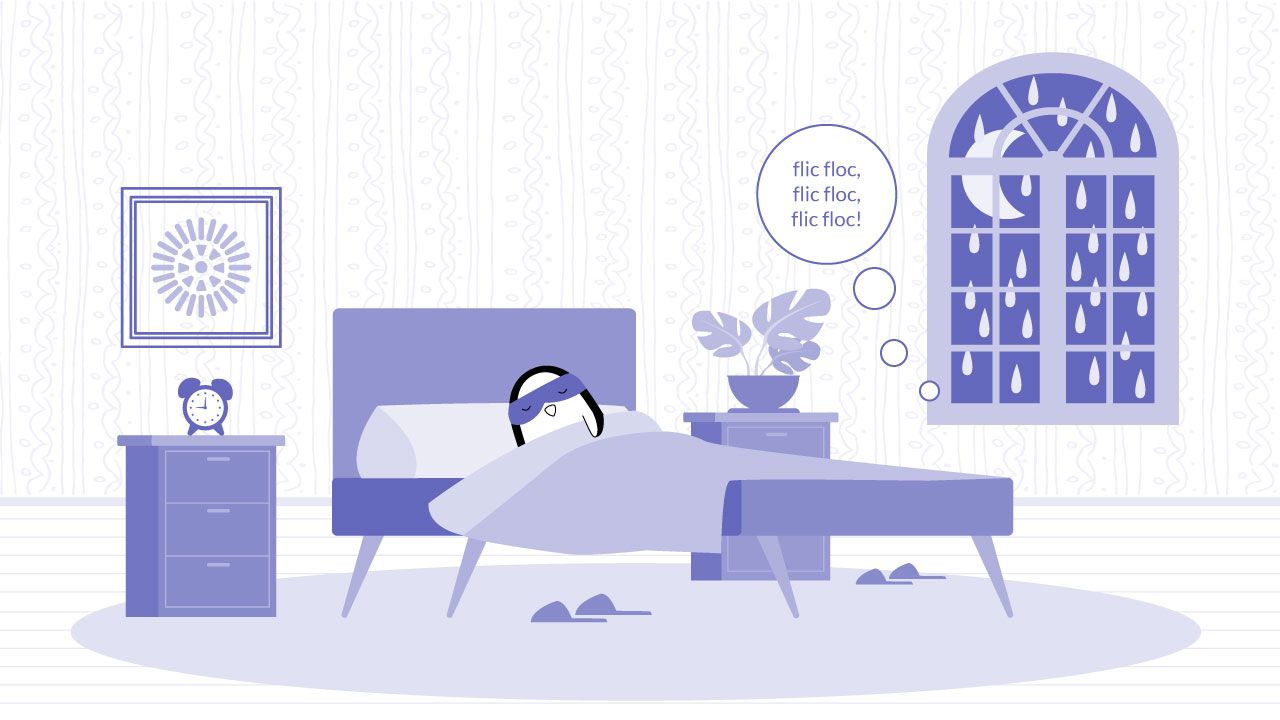
Casse-Cou
Casse-cou (adventurous, daring) is a French phrase that describes someone who loves to take risks and go after their dreams with reckless abandon. They are often very spontaneous, and they know how to make the most out of every moment.
In French, casse-cou can be used to describe a daredevil, someone who has an adventurous spirit or loves taking risks. For example:
Native
Translation
C' est un vrai casse-cou !
He's such a daredevil!
Nouveau Départ
Nouveau départ (new beginning) is a French phrase that describes the feeling of hope and excitement that comes with starting something new. It's often used when someone is starting a new chapter in their life, such as a new job or a new relationship.
French people also use nouveau départ to describe the act of starting over. For example, you might say:
Native
Translation
Je suis à la recherche d'un nouveau départ.
I'm looking for a fresh start.
or
Native
Translation
Il est temps pour moi de faire un nouveau départ.
It's time for me to start over.
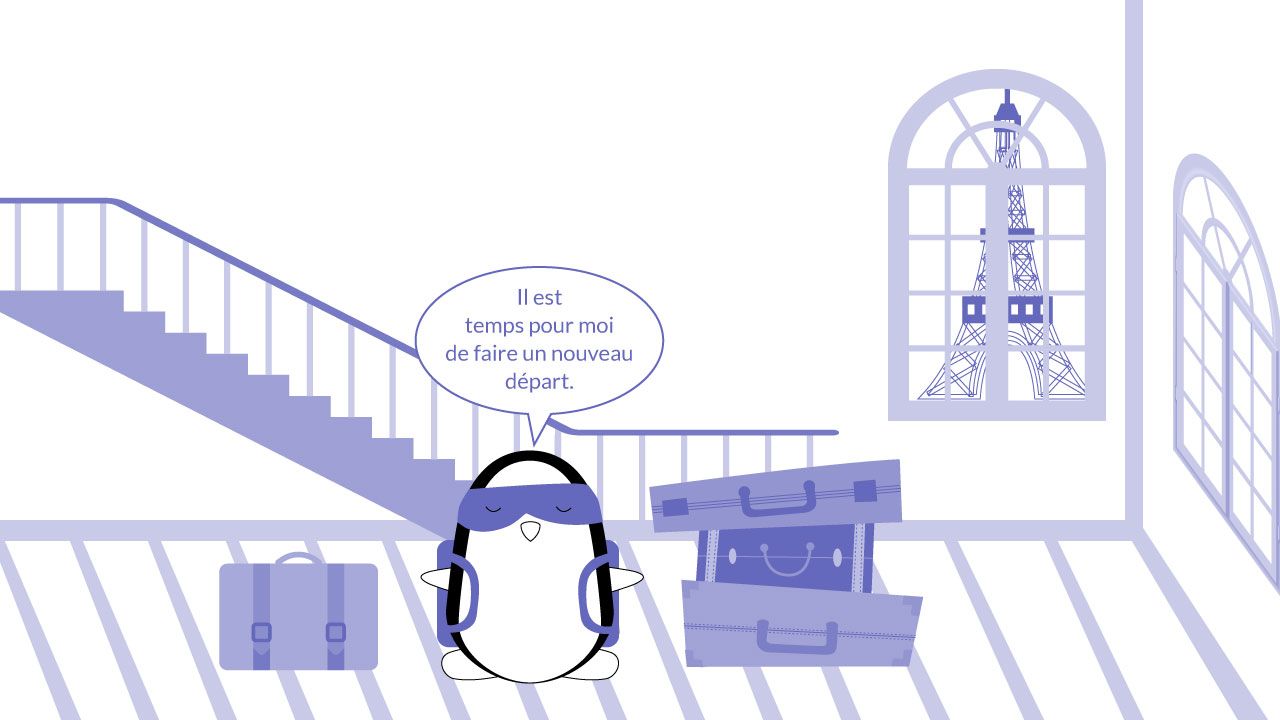
Discover the Beautiful Word of Pretty French Words
French is a beautiful language that is full of poetic words that sound like music to the ears. When you learn this Romance language, you open yourself up to a new world of feelings and experiences. These can help you express your emotions in a way that no other language can and find your true nature.
So what are you waiting for? Start learning French today, discover more beautiful French words, and enrich your vocabulary. For example, try Langster to see how it can help improve your language skills, and see for yourself that you can learn French while enjoying the journey.







